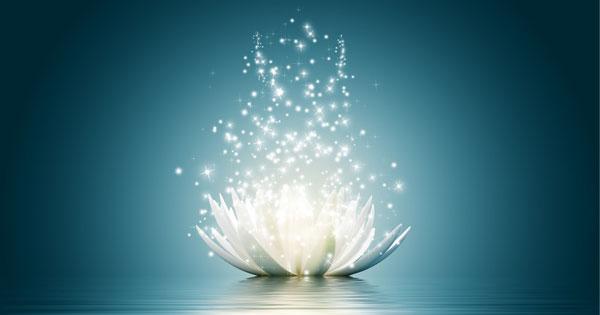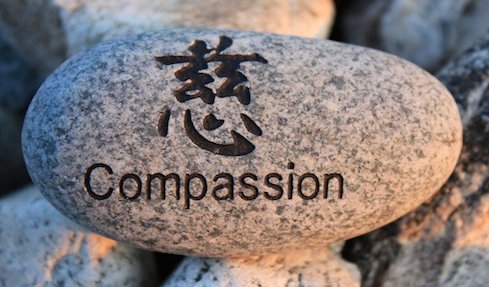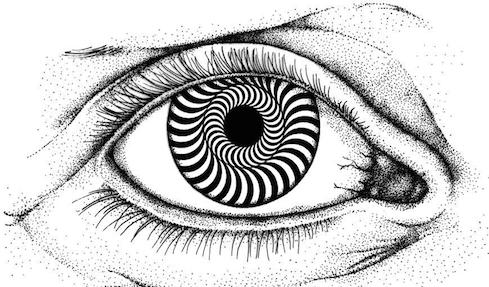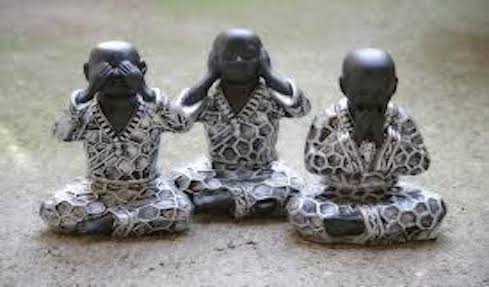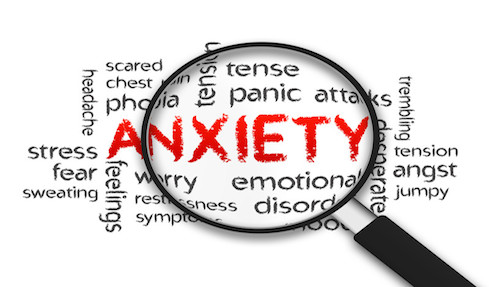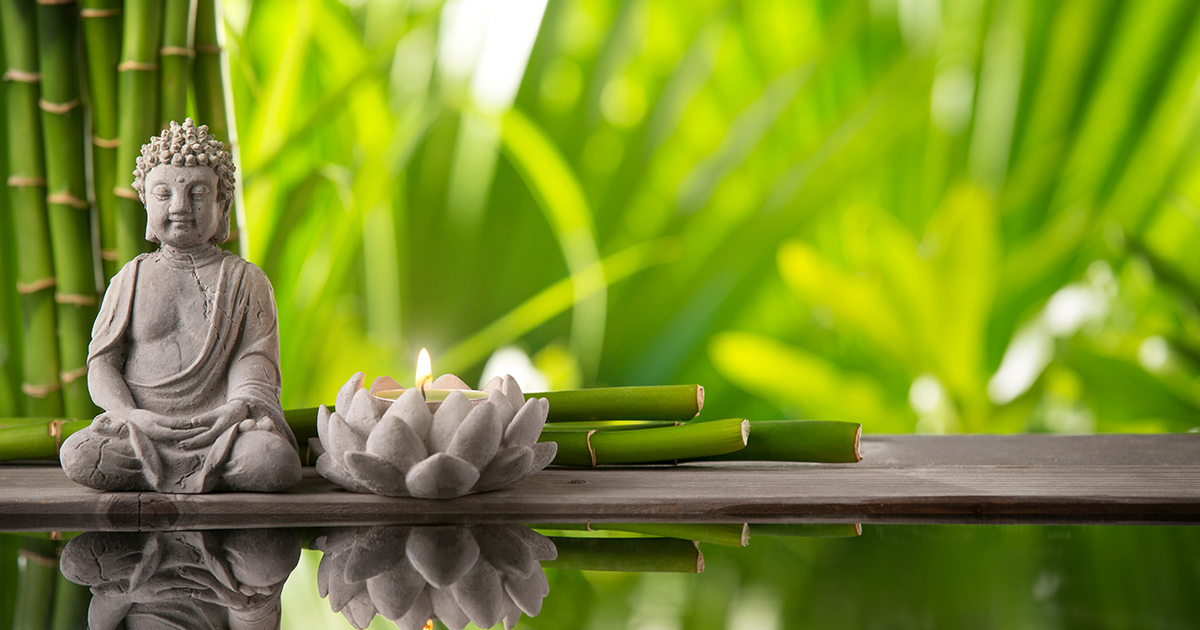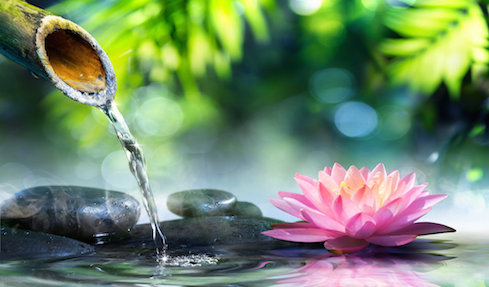Normally, when we go into meditation, the mind is calm at the beginning; however, within a few seconds, subtle thoughts begin to surface, like the slight undulations of a ripple. We must watch the arising of each thought and cut through it at the very moment of its arising. We may not be able to eliminate all the movement in our mind at this juncture, but we should keep the disruption down to a minimum.
When the mind is in a state of calm, we feel very alert and sharp. By meditating every evening for ten or twenty minutes, people who are overworked mentally or under a great deal of stress can fully dissolve their fatigue from a day' s work and maintain a relaxed and happy state of mind. Many corporate executives have found that they discovered solutions to difficult problems during meditation.
~ Depicted from Luminous Wisdom Book Series: The Paper Tiger - Suffering is just a Paper Tiger


